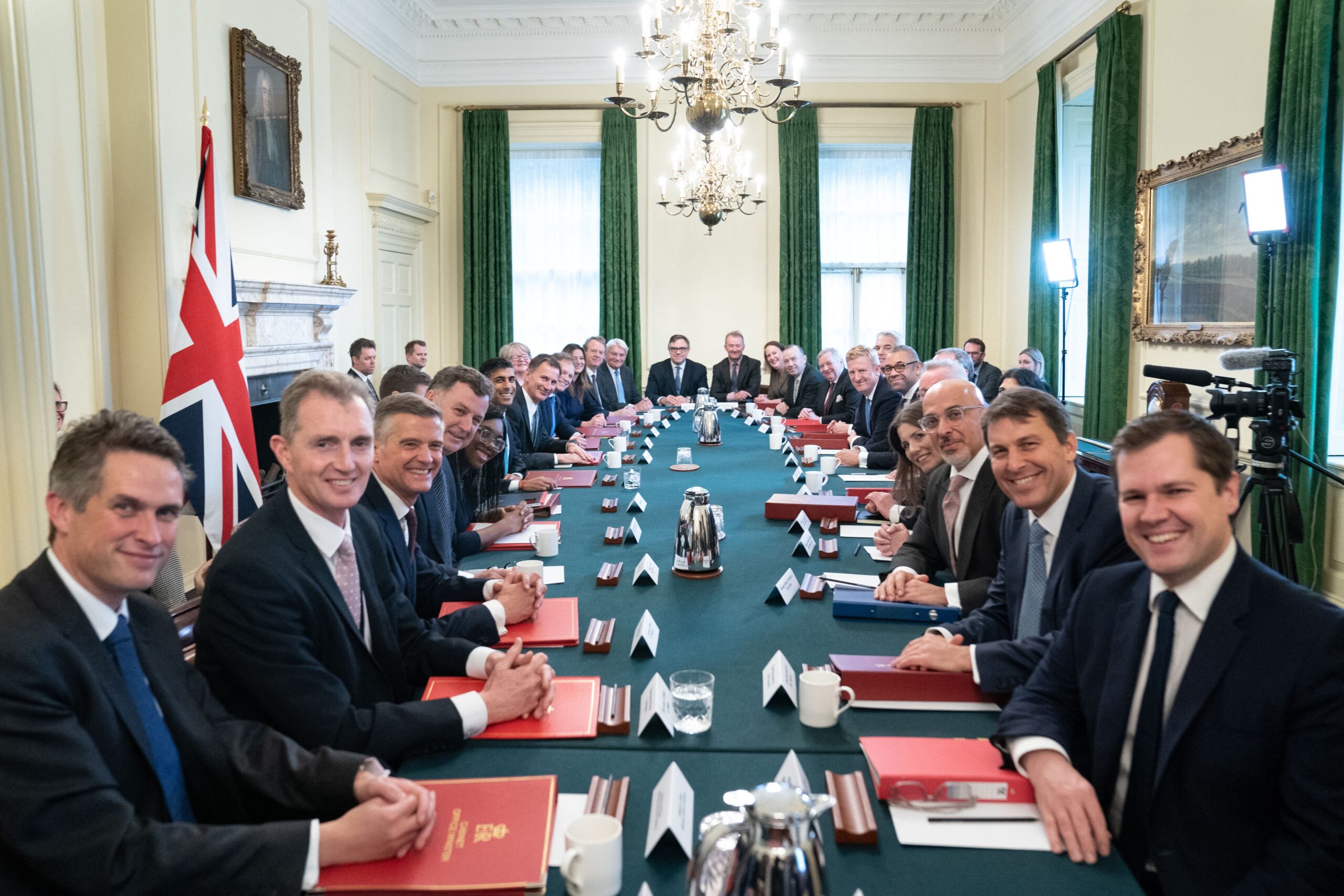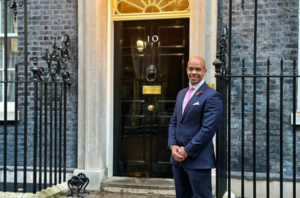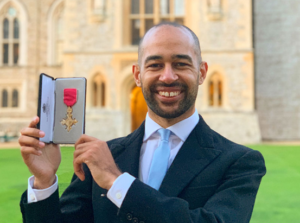
By: SUNDER KATWALA, Director of British Future
THE General Election is unlikely to be held until close to the end of this year, with the Prime Minister saying his ‘working assumption’ is the election in the second half of 2024. Despite Labour’s large poll lead, the results will depend on the campaigns to come.
One thing we can predict with some confidence, however, is that the next parliament will be the most diverse ever. British Future’s in-depth analysis of candidate selections has enabled us to project the demographics of the next House of Commons in different political scenarios. The research shows why a record number of ethnic minority MPs is all but certain. At least 75 ethnic minority MPs likely to be elected whichever parties gain or lose seats on election night.
The pattern of retirements, selections, and the distribution of safe and marginal seats each make a difference. Ethnic minority MPs have only been half as likely to announce that they are standing down. There are fewer black and Asian MPs among the longest serving MPs. Adam Afriyie, one of just two ethnic minority Conservatives in 2005, is retiring, as are Sajid Javid and Alok Sharma, elected in 2010. No Labour ethnic minority MP has yet announced an intention to stand down.

Secondly, Black and Asian MPs also hold safer seats than average. Most Labour MPs can be confident of re-election if their party is making national gains. Three-quarters of ethnic minority Conservative MPs would survive a 1997-style landslide scenario where half of their colleagues were defeated. Kemi Badenoch, James Cleverly and Suella Braverman represent constituencies among the fifty safest Conservative seats, so can expect to survive to contest a leadership race if the party loses the election.

Ben Obese-Jecty, a former army officer chosen for what was once John Major’s constituency of Huntingdon, has strong prospects of joining the Class of 2024 even on a bad night for the Conservatives. Other Conservatives selected to replace incumbent MPs face a tougher challenge. Ameet Jogia in Hendon is among Conservative ethnic minority candidates defending marginal seats likely to fall to Labour if Keir Starmer secures power.

Half a dozen Labour ethnic minority candidates have been chosen to succeed Labour retiring MPs. Satvinder Kaur – the first Sikh woman to be a council leader – succeeds Alan Whitehead in Southampton, while Abtisam Mohamed is the Labour candidate for Sheffield Central. Rajesh Agrawal, recently London’s deputy Mayor of business, will seek to hold Leicester East for Labour after recent Conservative gains in local elections.

Labour candidates who need to gain Conservative seats if Keir Starmer is to make it to Downing Street include solicitor Warinder Juss and former deputy headteacher Sureena Brackenridge in two of the Wolverhampton constituencies. Surgeon Dr Zubir Ahmed is contesting Glasgow South-West, among the SNP seats where Labour is confident of making gains. Kanishka Narayan, who was born in Bihar, India before coming to Wales as a 12-year-old, could become the first ethnic minority MP elected to represent a Welsh constituency at Westminster in the Vale of Glamorgan, a constituency won by the winning party in every General Election since 1983.

Josh Babarinde hopes to take the ‘blue wall’ marginal of Eastbourne for the Liberal Democrats, widely seen as a party rising star after an impressive party conference pitch about both his pride in his hometown constituency and his Nigerian heritage.
Ethnic diversity has become a new cross-party norm in British politics. There were just fifteen ethnic minority MPs in the 2005-10 parliament – so the British Future projection indicates a five-fold increase in just a decade and a half. That is a significant narrowing of the gap between the ethnic diversity of the Commons and the society that it serves.

But should this progress be faster still? There would need to be almost 100 ethnic minority MPs to match the rising ethnic diversity of the electorate – 15% of voters at the General Election. The 2024 General Election looks set to be a “big change” election. More than a third of MPs may well be newly elected. High turnover elections have the potential to accelerate trends towards greater ethnic diversity and gender balance.

Yet this effect may be somewhat diluted in 2024 if selection rates risk stalling. Around 12% of Labour’s new ‘Class of 2024’ MPs are set to be from ethnic minorities compared to 20% of the existing Parliamentary Labour Party. Labour has been much more likely to select ethnic minority candidates in Labour-held seats than in the target seat it hopes to gain.

The number of female MPs will go up but rather more gradually than might have been anticipated. The selection rates of female candidates are falling back, across parties, compared to 2019.
The 2024 General Election – whenever it may be – is likely to give us the most diverse parliament the UK has ever seen. Yet the parties could miss the opportunity to fully realise the potential to make 2024 a landmark year for representation.
 [TheChamp-Sharing]
[TheChamp-Sharing]